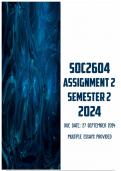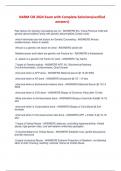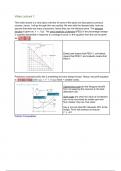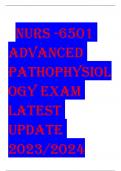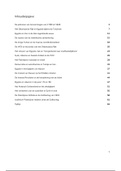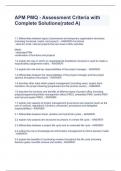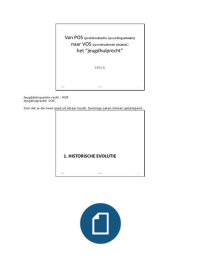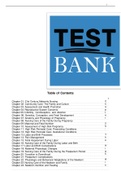Exam (elaborations)
SOC2604 Assignment 2 Semester 2 2024 | Due 27 September 2024
- Institution
- University Of South Africa (Unisa)
SOC2604 Assignment 2 Semester 2 2024 | Due 27 September 2024. Multiple Essays Provided. 1. Write a critical essay on the different theoretical models applied to people with disabilities and relate how the deaf community can be regarded as an example of a marginalized identity. No more than 2000 wo...
[Show more]
